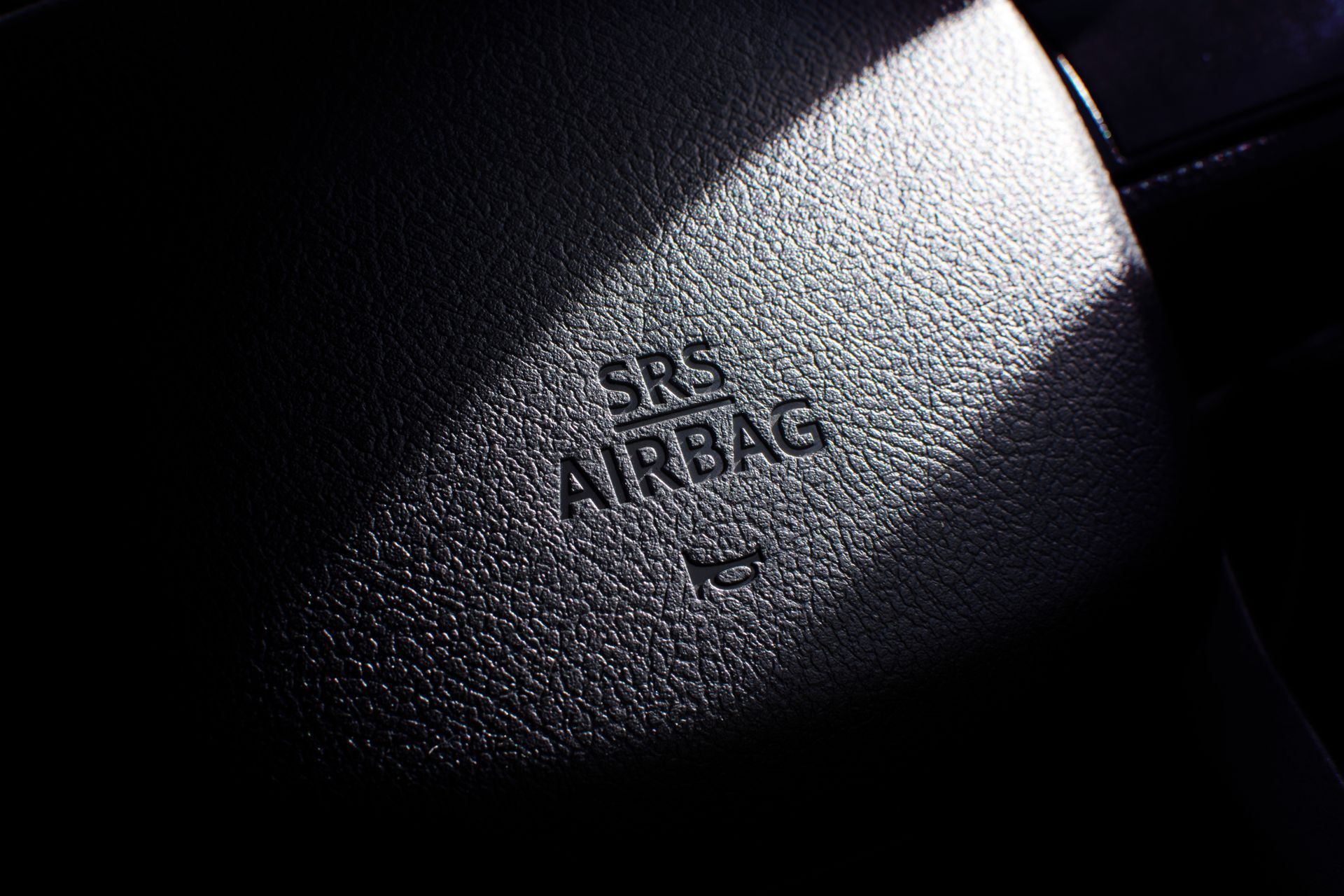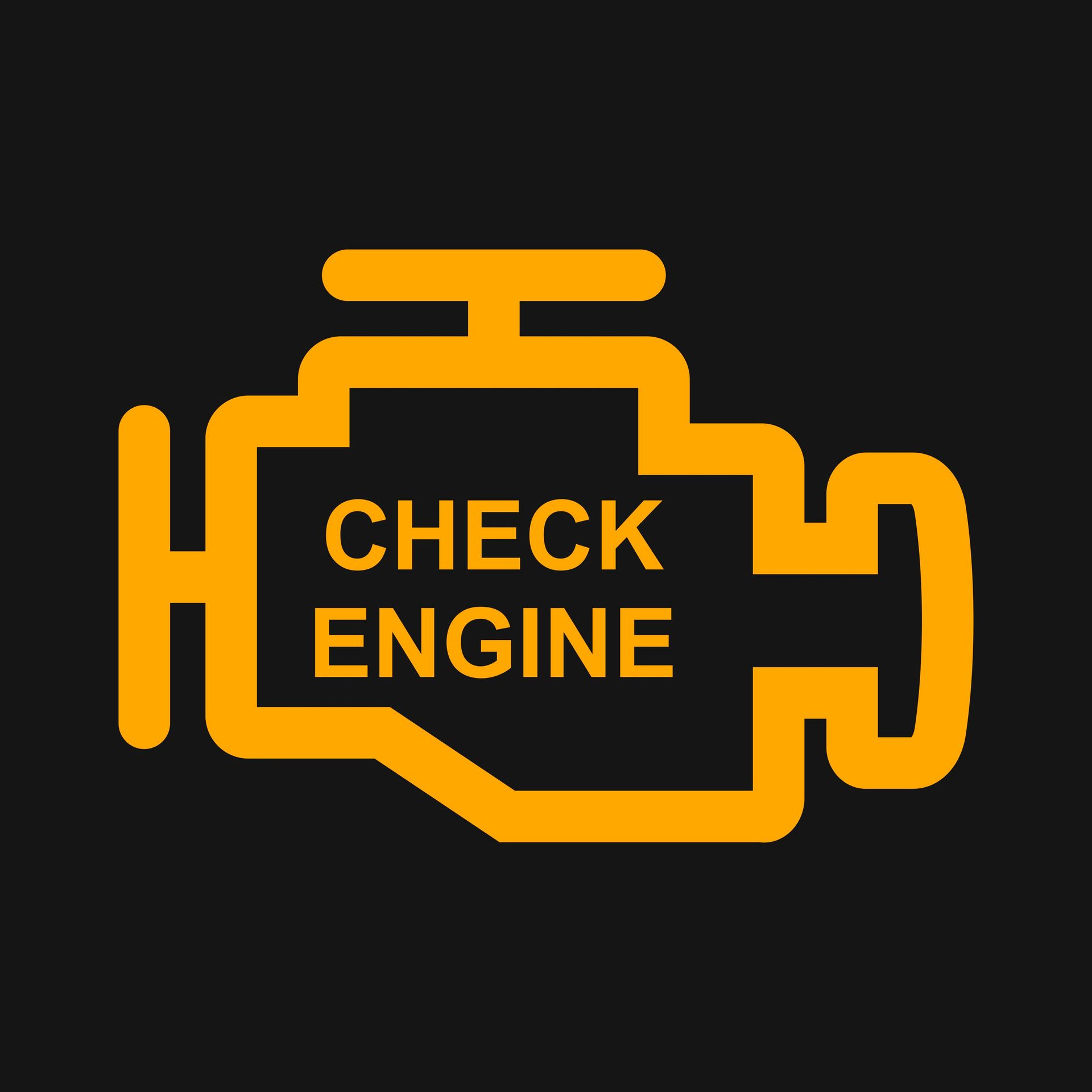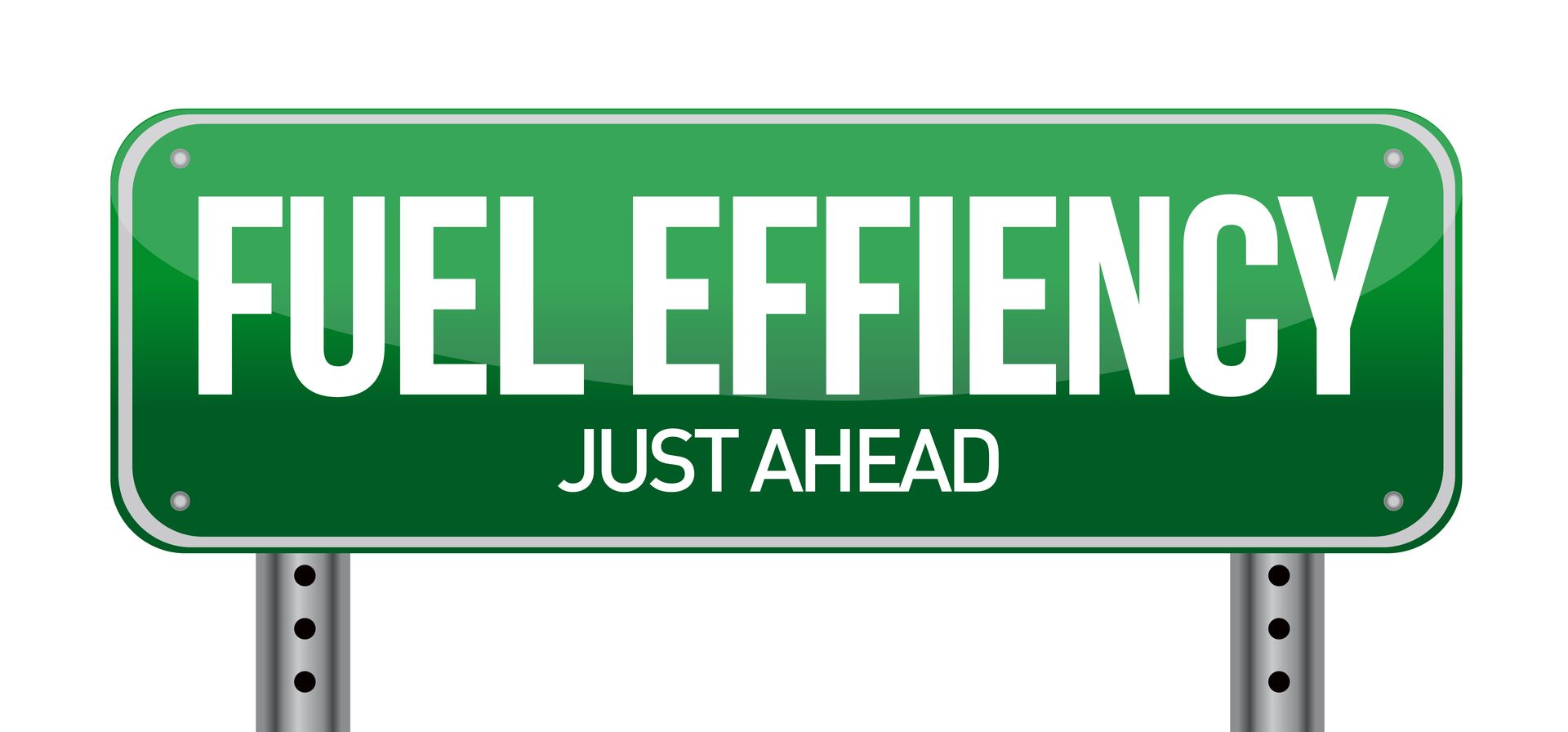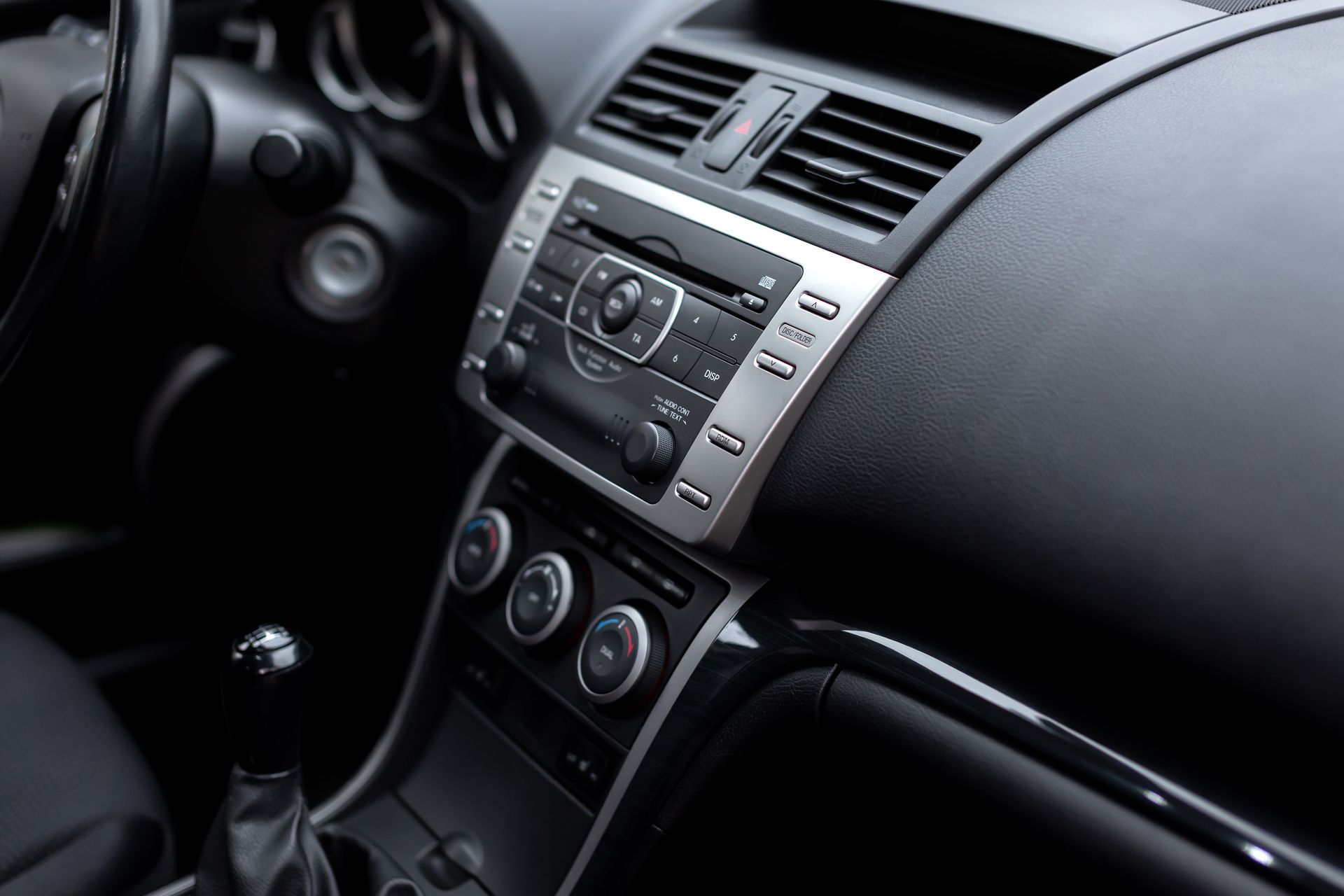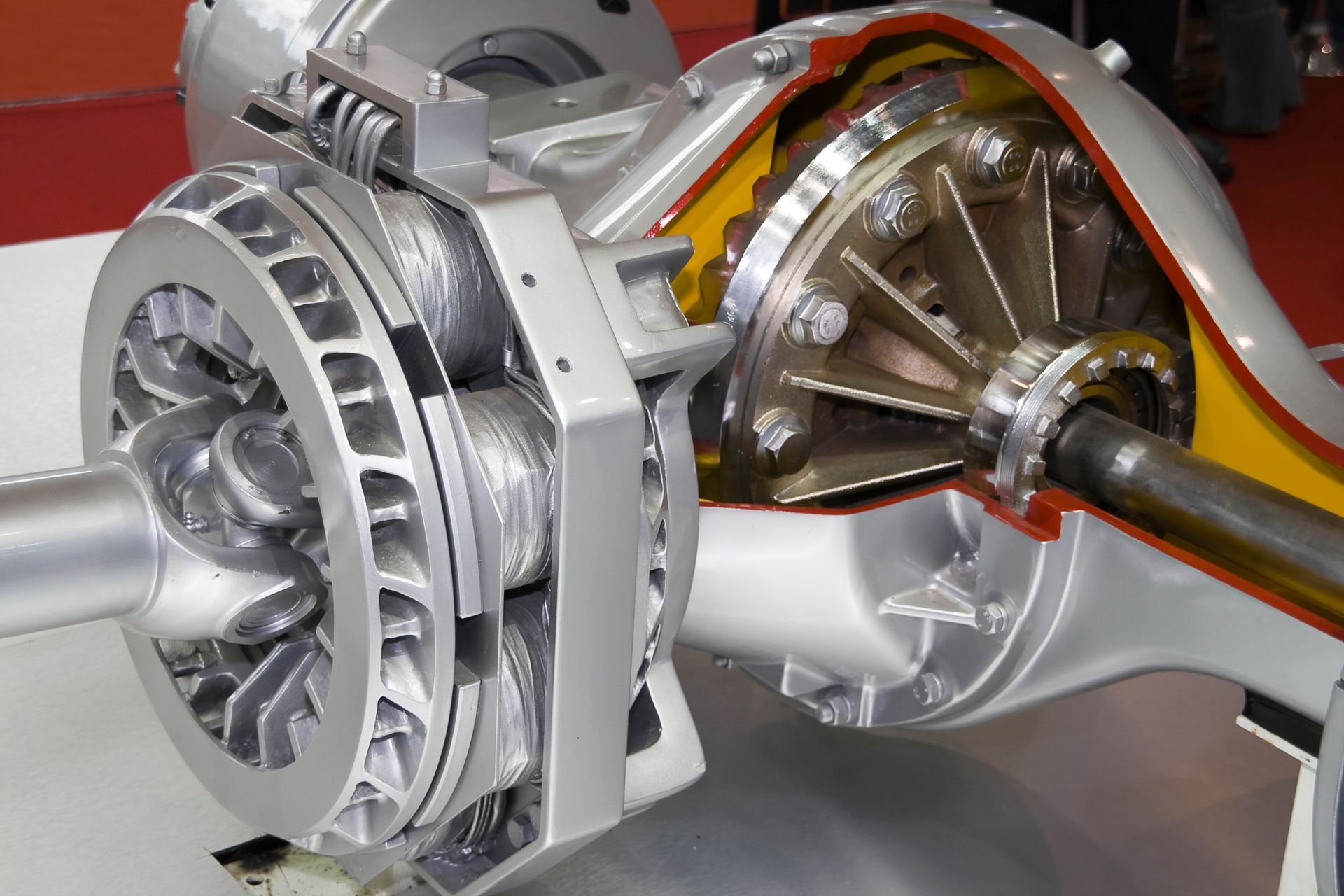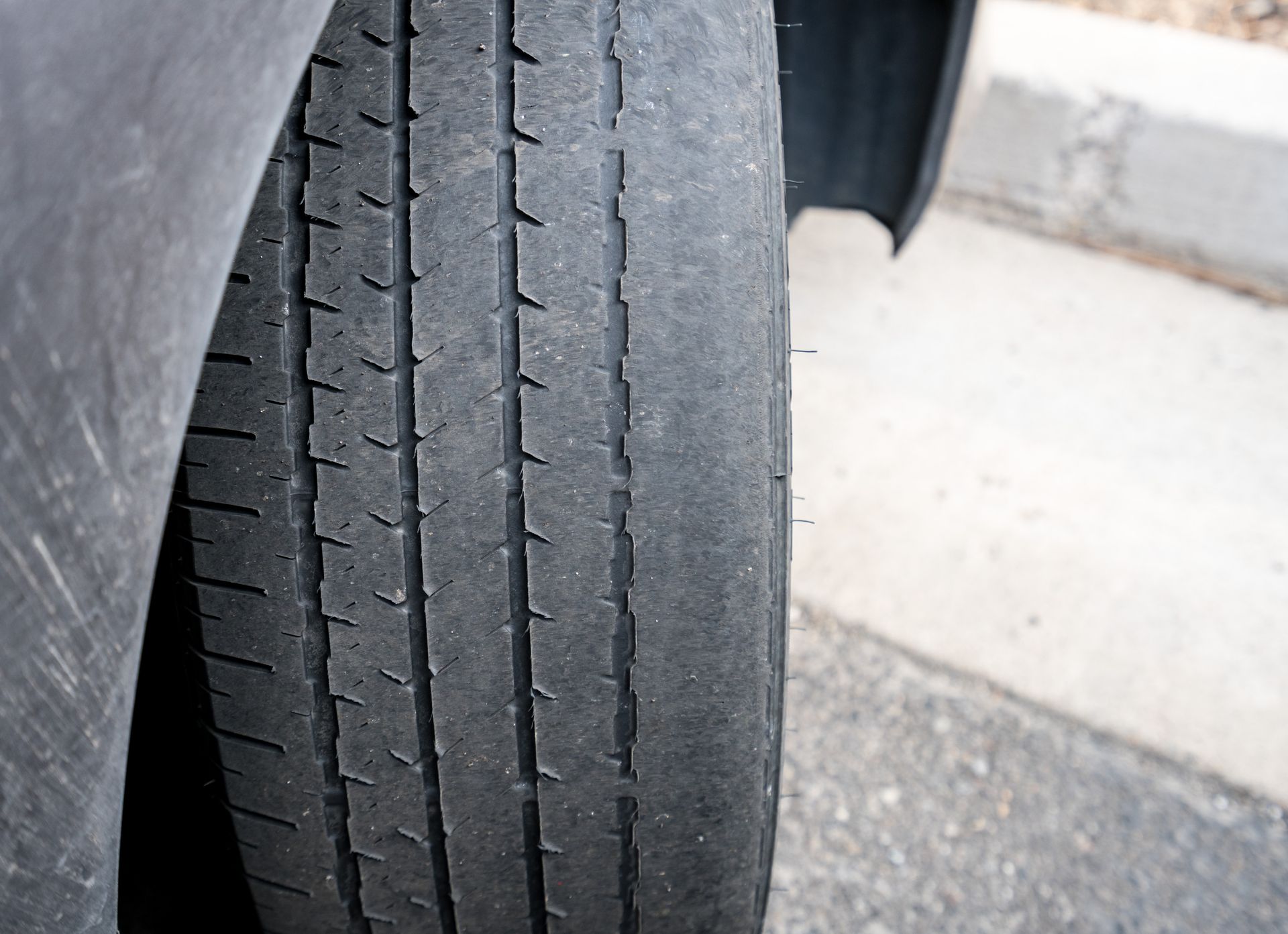We've all been there—life gets busy, and certain tasks get pushed back. For many, oil changes often fall into this category. But is skipping oil changes really that bad for your car's engine? We'll explain why this seemingly minor maintenance task is crucial for the health and longevity of your vehicle.
Why Regular Oil Changes Matter
Oil is very important for your car's engine. It lubricates the moving parts, reduces friction, and helps to dissipate heat. Over time, however, oil breaks down and becomes less effective at performing these critical functions. Here's a closer look at why regular oil changes are essential.
1. Lubrication and Engine Wear
When oil ages, it loses its lubricating properties. This leads to increased friction between the engine's moving parts, causing them to wear out faster. Think of it as running a marathon without proper hydration—the outcome is not pretty.
The Consequences of Poor Lubrication
Without proper lubrication, the engine components will rub against each other, causing increased wear and tear. This not only reduces the engine's lifespan but can also lead to expensive repairs and replacement of major engine parts or even necessitate replacing the entire engine, which can be significantly more costly than regular oil changes.
2. Heat Dissipation
Oil helps to carry heat away from the engine components, preventing overheating. Over time, oil can become contaminated with dirt, debris, and combustion byproducts, which reduce its ability to absorb and transfer heat effectively.
The Risks of Overheating
If the engine overheats, it can lead to warped components, blown gaskets, and even complete engine failure. Regular oil changes ensure that the oil remains effective in its role as a heat carrier, keeping your engine running at the right temperature.
3. Removing Contaminants
As oil circulates through the engine, it picks up dirt, metal particles, and other contaminants. An oil filter helps to capture these particles, but over time, the oil itself can become saturated and less effective at keeping the engine clean.
Why Clean Oil is Crucial
Dirty oil can clog passages, wear out seals, and generally compromise the engine's performance. Fresh oil, on the other hand, is free from these contaminants and can effectively keep the engine clean, reducing the risk of sludge build-up and other issues.
4. Fuel Efficiency and Performance
Clean oil ensures that the engine operates smoothly and efficiently. As oil degrades, it can cause the engine to work harder, reducing fuel efficiency and overall performance.
Maximizing Fuel Economy
Regular oil changes can help maintain optimal engine performance and fuel efficiency, saving you money at the pump. It's a small investment that pays off in the long run, both in terms of fuel savings and reduced wear on the engine.
5. Warranty Compliance
Most vehicle warranties require regular maintenance, including oil changes, to remain valid. Skipping oil changes can void your warranty, leaving you unprotected in the event of a major engine issue.
Protecting Your Investment
Adhering to the recommended oil change schedule is not only good for your engine but also crucial for maintaining your vehicle's warranty. This can provide peace of mind, knowing that any major repairs needed within the warranty period will be covered.
What Happens If You Skip an Oil Change?
Skipping an oil change once might not immediately damage your engine, but it sets a dangerous precedent. Consistently neglecting this maintenance task can lead to significant problems over time.
Short-Term Effects
Slight reduction in fuel efficiency
Gradual build-up of contaminants
Increased engine temperature
Long-Term Effects
Accelerated engine wear
Sludge build-up
Risk of complete engine failure
Signs Your Car Needs an Oil Change
To prevent the negative effects of skipping oil changes, it's important to recognize the signs that your car needs fresh oil.
Dashboard Warning Light
One of the most obvious signs is the oil change or check engine light appearing on your dashboard. This is a clear indication that your oil level is low or the oil quality has deteriorated.
Noisy Engine
If your engine starts making unusual noises, such as knocking or ticking, it could be due to insufficient lubrication. This noise results from increased friction between engine components.
Dark, Dirty Oil
You can check the oil condition by inspecting the dipstick. If the oil is dark and dirty, it's time for a change. Clean oil is typically amber-colored and slightly translucent.
Poor Performance
A noticeable decline in your vehicle's performance and fuel efficiency can also signal that an oil change is overdue. The engine may feel sluggish, and you might notice more frequent trips to the gas station.
How Often Should You Change Your Oil?
The frequency of oil changes depends on several factors, including the type of oil used, the age and model of your vehicle, and your driving habits. Generally, it's recommended to change the oil every 3,000 to 5,000 miles for conventional oil and 5,000 miles to 10,000 miles for synthetic oil. Always refer to your vehicle's owner's manual for specific guidelines.
Is it time for your car's oil change? Visit
SCC Performance for a quick and professional service. Don't wait—schedule your appointment today to keep your engine running smoothly!



